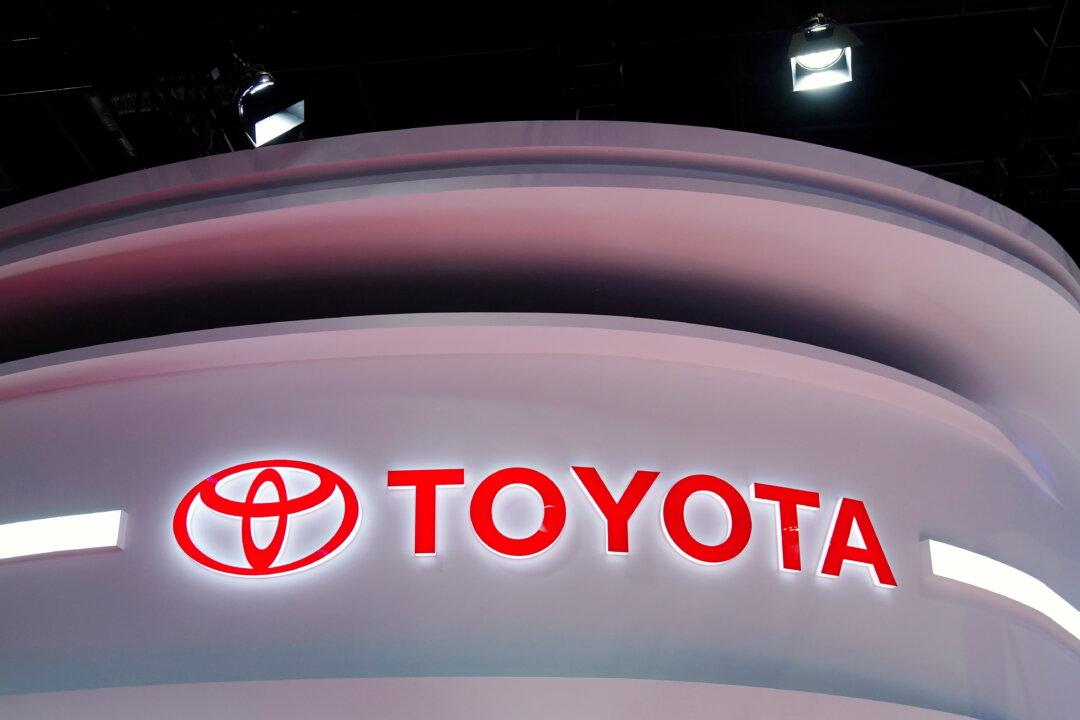TOKYO—Toyota Motor Corp. will restart domestic production from Wednesday after a cyberattack on a supplier ground the automaking giant’s factories to a one-day halt, sparking concerns about vulnerability in Japan Inc.’s supply chain.
No information was available about who was behind the attack, or the motive. It came just after Japan joined Western allies in clamping down on Russia in response to the invasion of Ukraine, although it was not known whether the attack was related.





